what healthcare can learn from social entrepreneurship
the non-academic intro to my dissertation
December 2023. A cancelled flight to Munich.
The should-have-been Christmas market stroll in Munich turns into a local tour of London. Admiring artworks in the National Gallery. 0.5 selfies with freezing hands at every Christmas light. Frantically avoiding pickpockets.
Eventually, my friend and I find refuge in a café down an alley in Covent Garden: Fair Shot.
The café invites us in with its pink walls and cozy vibes. We order some tea and decide to stay inside.
Looking around, the café is a classroom. On the wall, it reads, 95% of adults with learning disabilities in the UK are unemployed. We’re here to change that. At our table, I’m reading their brochure. Fair Shot has a job training programme for young adults with learning disabilities to become trained baristas. The objective is to provide trainees with real-world job experience and employable skills to support them into paid employment1. Since starting the programme in 2021, they’ve successfully supported over 40 adults into paid employment.
Everyone deserves a Fair Shot.
Immediate Reflections
The experience of the Fair Shot feels different, but also normal. I’m still ordering my £3 tea and a sweet treat. Locals and tourists are here, on first dates, coffee chats, and escaping the London Christmas chaos. There’s someone working the till, and someone serving us a pastry- just like you’d find at any other café.
My heart feels warm: literally and figuratively. Their inclusive employment model provides me with optimism. This is an enterprise addressing the issue of unemployment head-on.2 And they’re doing it with charm and tasty pastries in the heart of London.
I’m intrigued. If I lived in London, I would always come here.
My POV as a Healthcare Student
In healthcare classes, you learn early on about the social determinants of health (SDoH). The non-medical factors that impact our health: education, income, geography, climate, employment, etc. Every research paper and health researcher seems to share a consensus: to improve health, address the SDoH.
What does that look like in practice?
When we talk about addressing the SDoH, we often lean into promoting large-scale, systemic changes. But at Fair Shot, this singular café in Covent Garden, they are addressing a SDoH: employment. Through sitting here, you see directly how access to employment through Fair Shot’s employment programmes is changing (and improving) lives.
My POV as a Consumer
As people say, your dollar is your vote for the change you want to see in this world.
We live in a generation that is becoming more critical of business practices. We’re asking what role businesses play in addressing, perpetuating, and solving business issues. The proof exists in the rise of B Corps, social enterprises, not-for-profit business models, and more…
If I’m going to spend £5 pounds on some tea and sweet treats, why not increases its value by also supporting a cause that I care about? Money wields power. We can use that for good, even if it’s only £5.
Then it clicked.
A few days after my visit to Fair Shot, I frantically wrote up this email to my dissertation supervisors:
This serendipitous realization manifested itself as my dissertation proposal. I found my research soulmate - the knowledge I wanted to create, the questions I wanted to devote myself to, the curiosity I wanted to chase. I saw this research as a way of bridging together my healthcare, entrepreneurial, and tourist identities.
Since then, my research proposal has evolved.

The WISE choice
I embarked into this new world of research.
Enterprises like Fair Shot go by many names. A common one, and the one I use, is Work Integration Social Enterprises, or WISEs, for short3.
The main objective of Work Integration Social Enterprises (WISE) is to integrate those with intellectual or physical disabilities and other disadvantaged groups, including the long-term unemployed, back into the labour market and society through a productive activity.
WISEs are present in all regions of the world and across many social enterprise models. They are a common form of social enterprise, and one that continues to evolve, taking different shapes across alternative policy regimes.
source: UN Inter-Agency Task Force on Social and Solidarity Economy
WISEs seem aptly named to me. A win-win-win for the consumer, enterprise, and community. What I appreciate the most about WISEs is that they are more accessible for anyone to support them: you don’t have to be in a healthcare career or donate tons of money to make an impact. You can start by simply showing up, buying a cuppa tea, and sharing the word.
Postcards of WISEs
Once I learnt about WISEs, they started to appear everywhere4. I’ve seen many of them during my travels around Europe, many of which I discovered by coincidence.

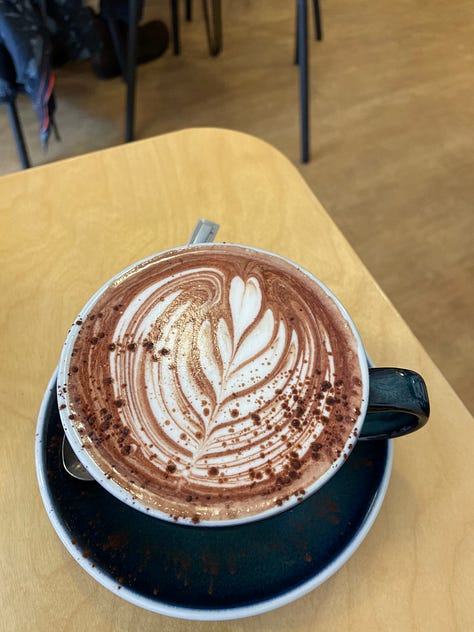
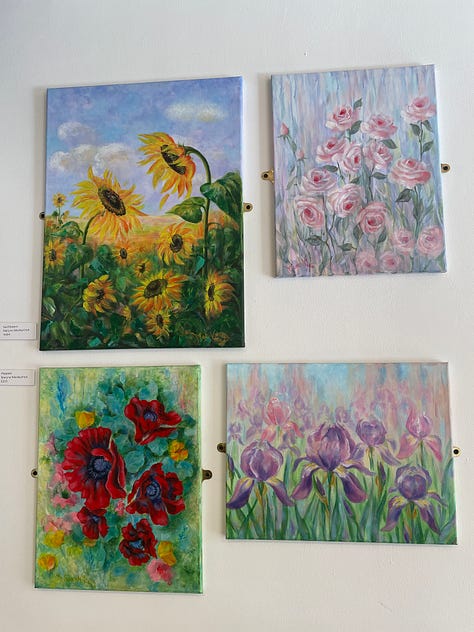

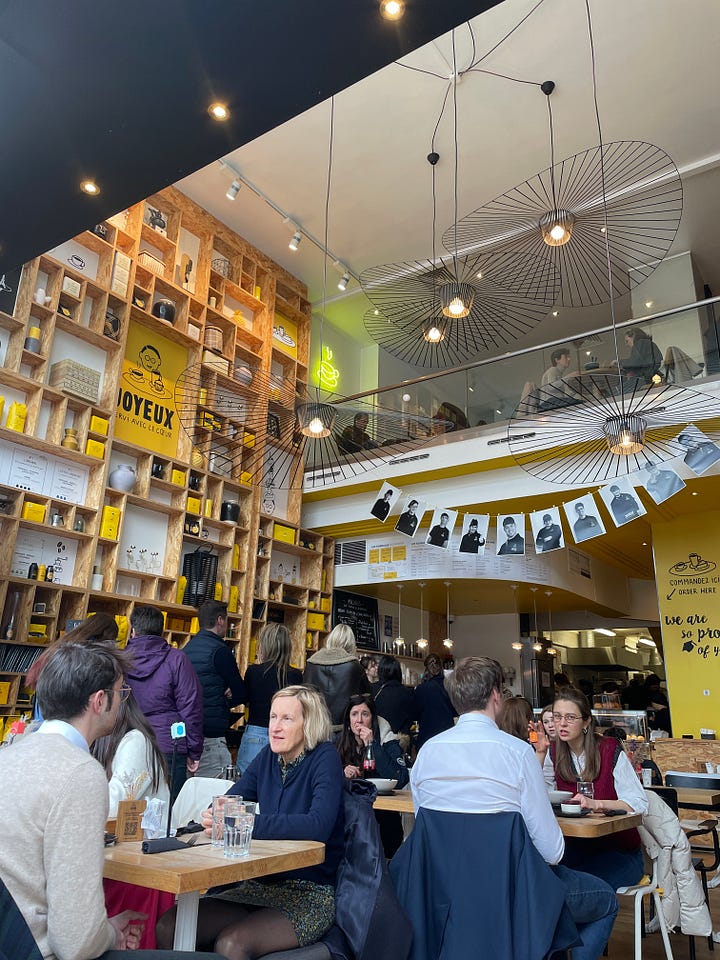
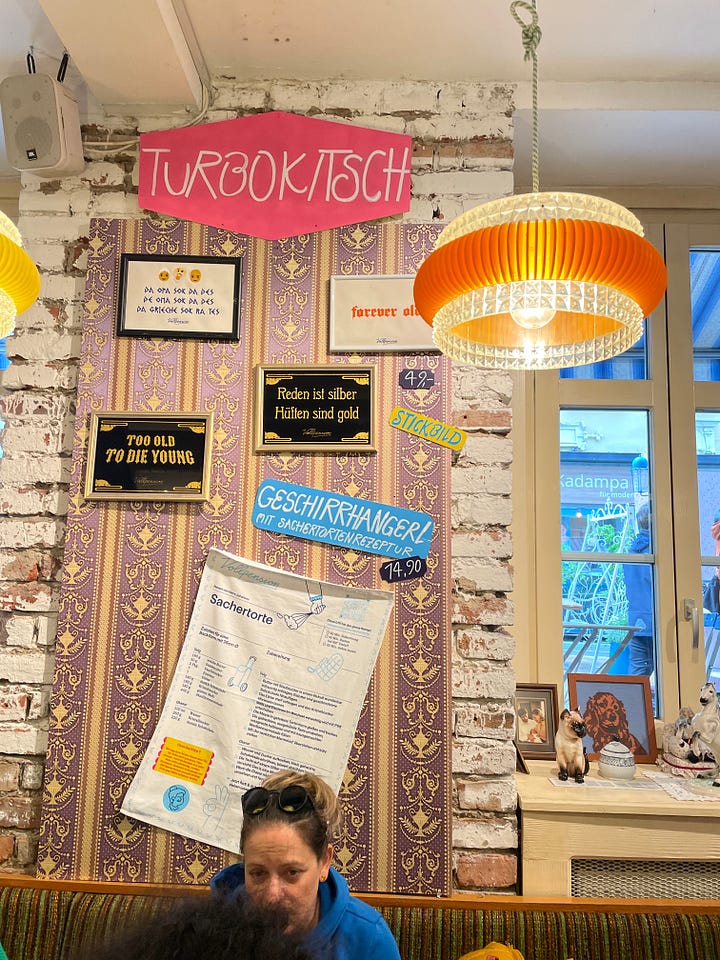
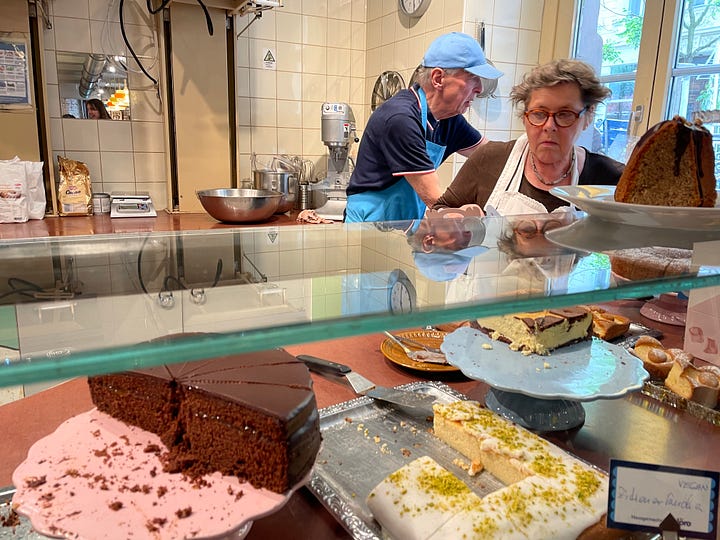
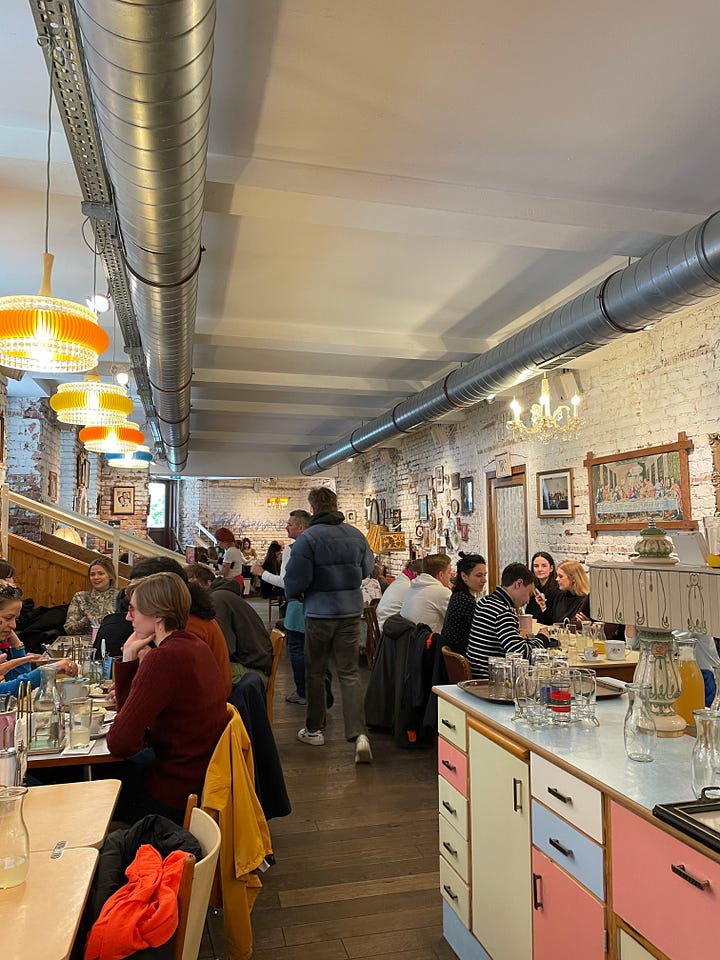
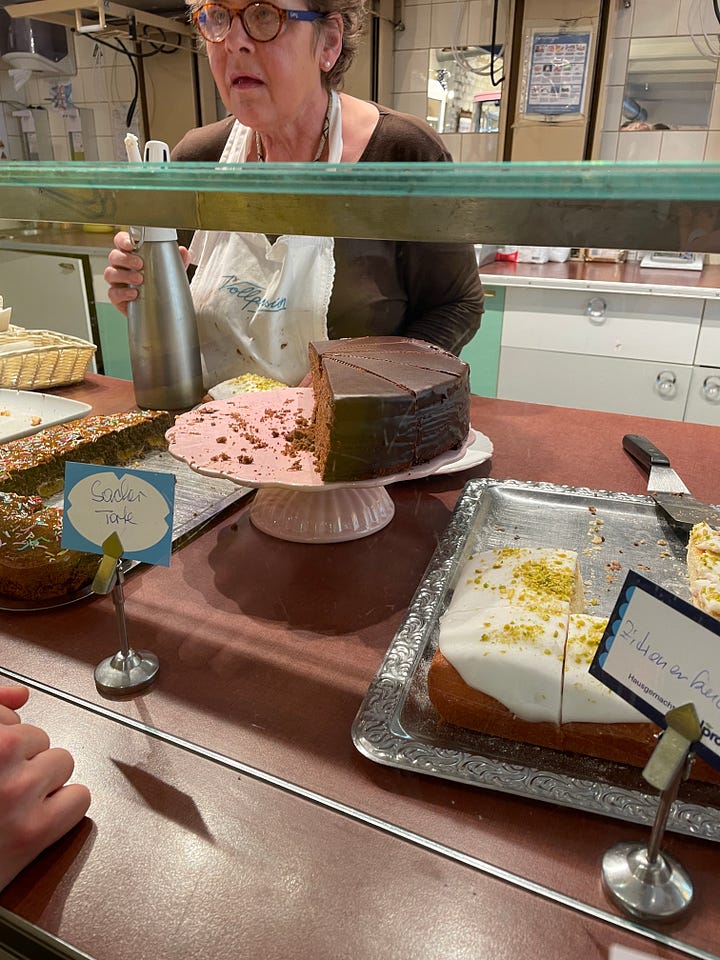


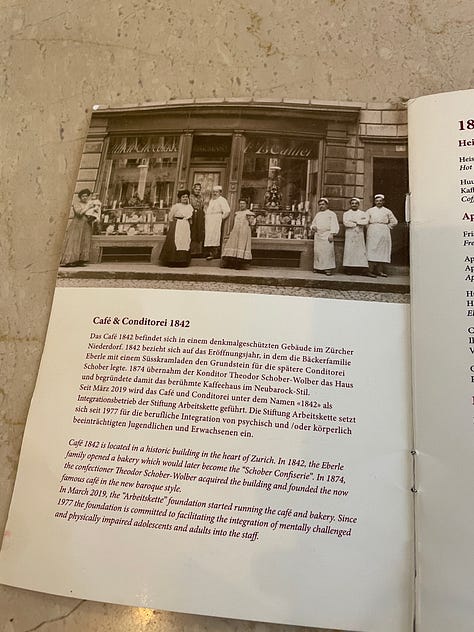
I’ve even become the friend that people associate WISEs with:

What Healthcare Can Learn from Social Entrepreneurship
To me, WISEs are a health intervention. By improving access to employment, we create opportunities to improve health.
This hypothesis is built on two arguments: health is not just about the absence of illness, and healthcare is not just created by healthcare professionals. Health is also about flourishing in the presence of illness or disability, and social entrepreneurs can also be healthcare providers.
While healthcare researchers repeatedly state that employment is a determinant of health, how often do we find healthcare professionals addressing it in their own practices? How often would we go to our GPs about symptoms of unemployment, or ask for a prescription of employment?5
WISEs are living proof that social entrepreneurs are directly addressing the SDoH. While their objectives are aimed at improving employment prospects, my hypothesis is that WISEs simultaneously improve health prospects6. My goal as a researcher is to describe how this mechanism works.
Marrying these worlds, my main question is then, how can we leverage social entrepreneurship as a force to address the social determinants of health?
To build long-term, sustainable, and effective health solutions, we have to look beyond traditional health systems and collaborate with social entrepreneurs. Much like healthcare workers, social entrepreneurs also work on the ‘front-lines’ with community members to support them based on their needs. My hope is that I can reframe WISEs as an integrative component of health systems, rather than external.
January 2025
This field of research investigating the role of WISEs in healthcare is young and emerging.
Now, I’m in the midst of writing my dissertation. My research looks at local WISEs in Oxford. I’m seeking to understand the stories of people who face barriers to employment, and their experiences working at WISEs. I’ve done some of my first interviews already, and I’ll be submitting my final dissertation report in September. I’m enjoying reading about international initiatives investigating WISEs as a healthcare intervention - from Sweden to Australia to the UK (I curate some of these resources in a library).
Next time you visit your local café, I hope you make a WISE impact.
This essay is inspired by a talk I gave as part of the Oxford Skoll Centre’s Impact Labs programme in November 2024: why healthcare needs social entrepreneurs
From talking to a few WISE owners for my dissertation, they mentioned that they prefer to use the word “support” instead of “help”. To them, “help” sounds too paternalistic.
Does making an existing practice more inclusive deem it innovative? Can and should inclusion be considered innovative? A tangent for another day
It’s amazing how the addition of one term to your vocabulary unlocks so much clarity and ease. Communication of your ideas becomes easy instead of tedious.
What’s the name for this phenomena?
This is what social prescribing aims to address
The causation is oversimplified. It’s meant to be a start, not an end.




we love serendipity! loved this, congrats xx